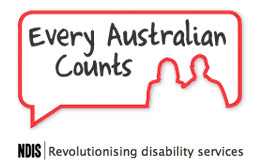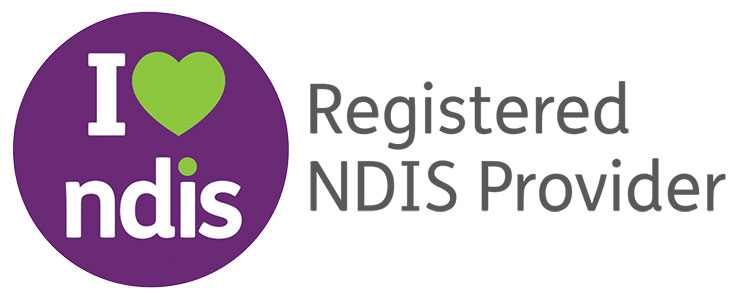Many disability support workers double as un-paid workers at home. During National Carers Week, we acknowledge how much all carers contribute to our community.
Chris used to work in I.T, then horticulture before a friend suggested he’d be a “really good carer”. Seven years on and he hasn’t looked back, becoming a support worker for Options and delivering many different activities to a variety of people.
When asked how this role compares to others Chris explains, “you can’t coast when you’re a carer, if you’re having a bad day you can’t let it interfere with your work, you can’t be selective about caring”.
Support Worker Sindy agrees, also with Options for 7 years, she is both a paid and unpaid carer. Her daughter has Asperger’s and her son has Autism, so her caring roles are around the clock. Formerly a nurse, Sindy got tired of seeing people with a disability stuck in dementia wards or left in aged care facilities and wanted to make a difference.
The satisfaction of watching Options participants grow and achieve their goals is a huge motivation for Sindy, “seeing our clients truly able to be themselves and be accepted in the community is what I love” she says.

Whether it’s caring as a job, for a terminally ill friend, an aging parent or child with special needs, during National Carer’s Week we salute all the paid and un-paid carers in our community who contribute so much to the lives of individuals and ultimately to the wellbeing of the whole country.





